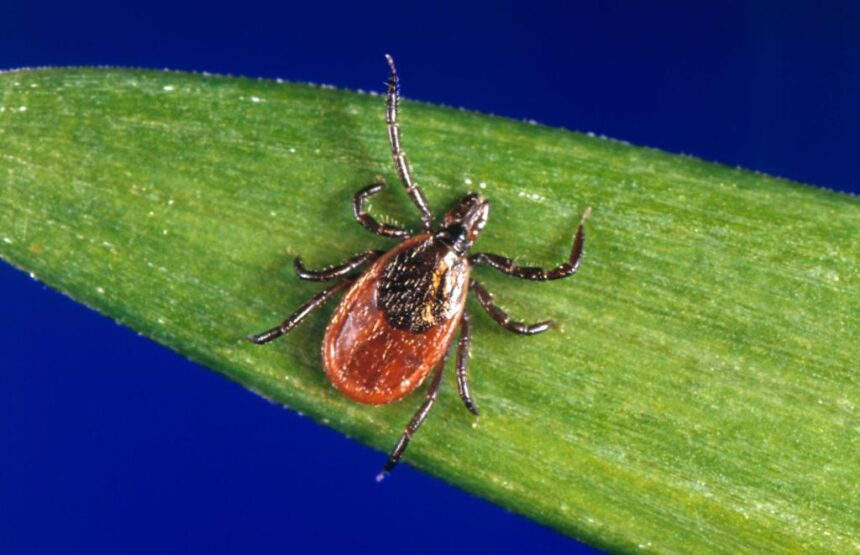Boulder County has recently reported its first confirmed case of tularemia, a rare insect-borne disease, for the year. The infected individual began experiencing symptoms on October 2nd, with a fever that quickly progressed to an altered mental state and fluid in the lungs. The person was diagnosed with pneumonic tularemia, a rare respiratory form of the disease.
Health officials in Boulder County are urging residents to take precautions around wild animals and to avoid contact with them, as tularemia, although rare, poses serious health risks. If individuals develop a fever and suspect exposure to tularemia, it is important to inform their healthcare provider.
Tularemia can be contracted through bites from infected insects, such as ticks and deer flies, or through contact with infected animal tissue. The bacteria can also be carried by larger animals like rabbits or outdoor pets, and can even be inhaled if infected animal particles become airborne.
Symptoms of tularemia can vary but often include fever, chills, swollen lymph nodes, and respiratory symptoms similar to a cold or the flu. The infected individual in Boulder County reported having contact with a cat and dog during their exposure period, although neither animal has shown signs of the disease. While the individual couldn’t confirm being bitten by an insect recently, health officials believe this to be the probable source of infection.
To prevent further cases of tularemia, public health officials recommend avoiding areas frequented by wild rabbits and rodents, using insect repellent containing DEET, preventing pets from hunting or consuming wild animals, and refraining from touching sick or dead animals with bare hands. It is also advised to avoid untreated water from streams or lakes, refrain from mowing over animal carcasses, and seek medical care if experiencing symptoms of tularemia.
For more health news and updates, individuals can sign up for the weekly newsletter to receive information straight to their inbox. Stay informed and take necessary precautions to protect yourself and your loved ones from tularemia.






